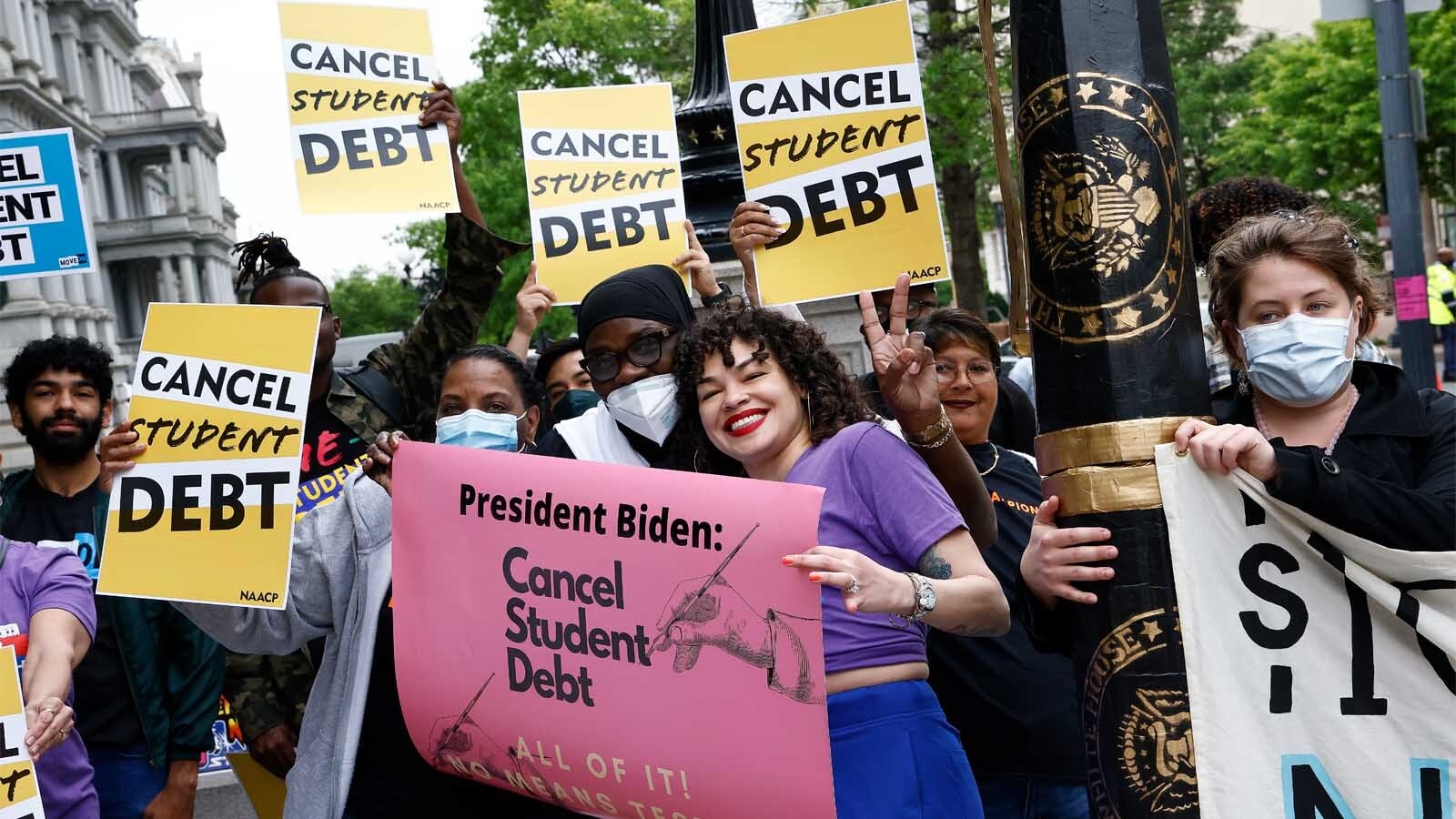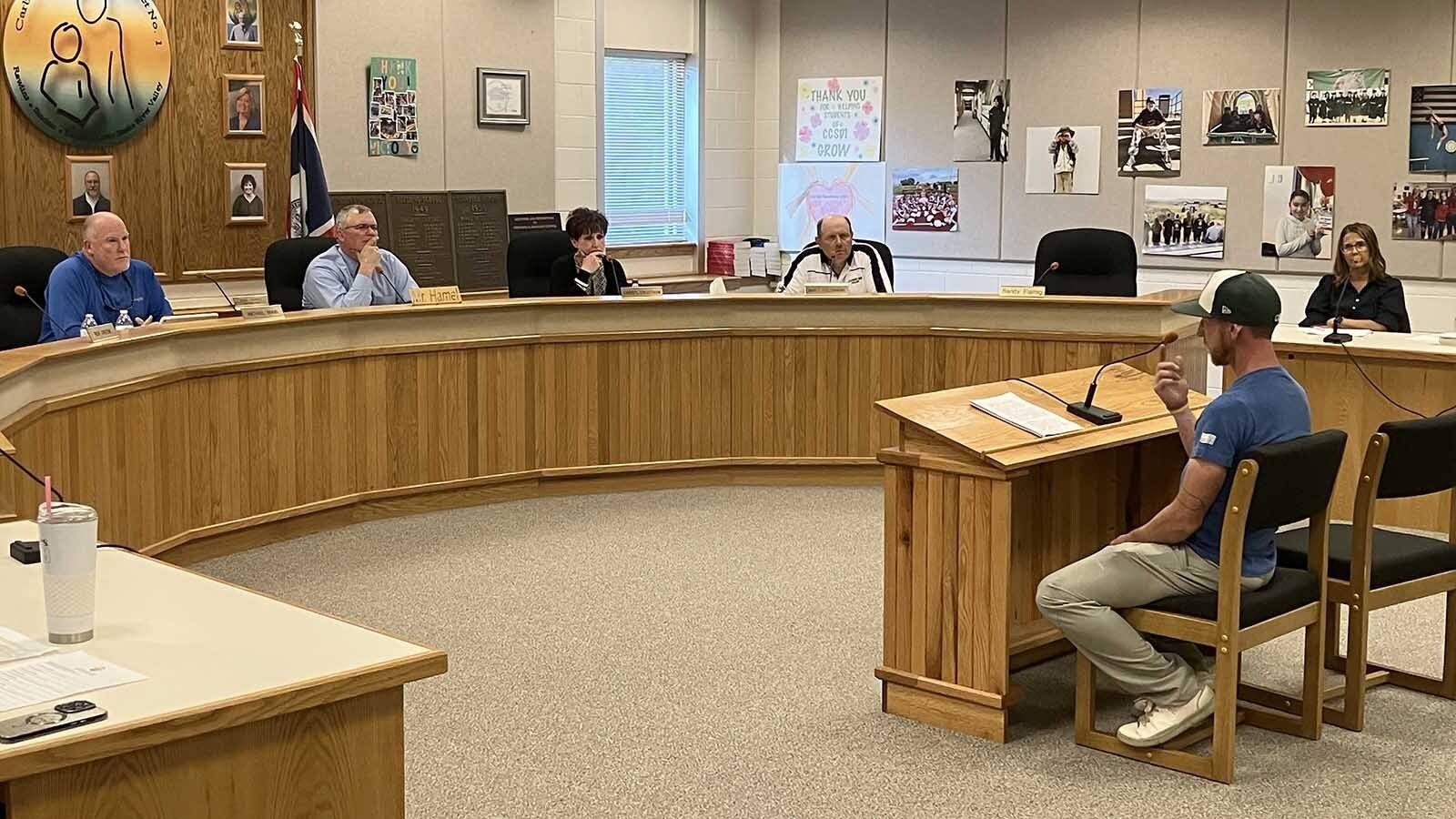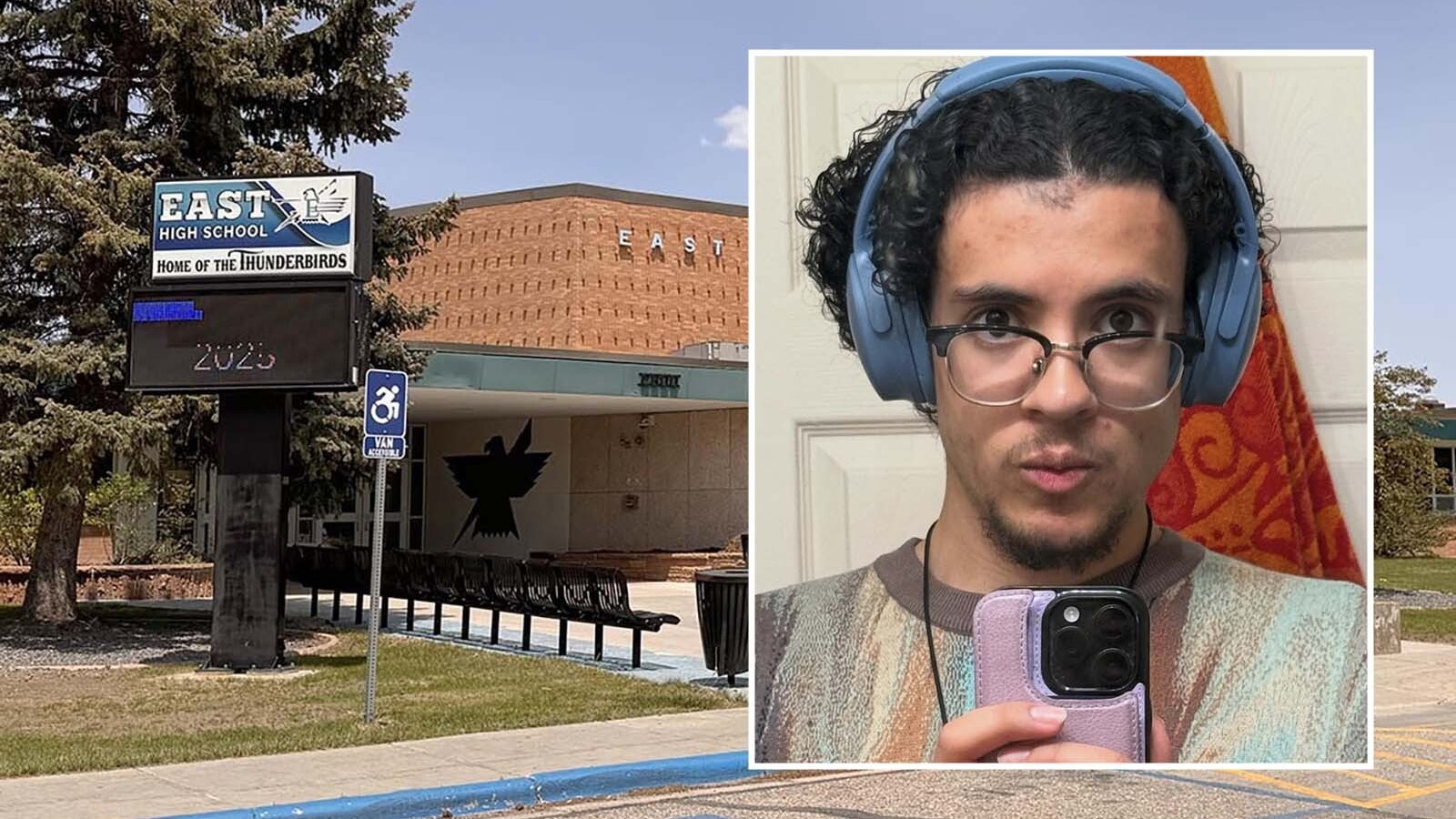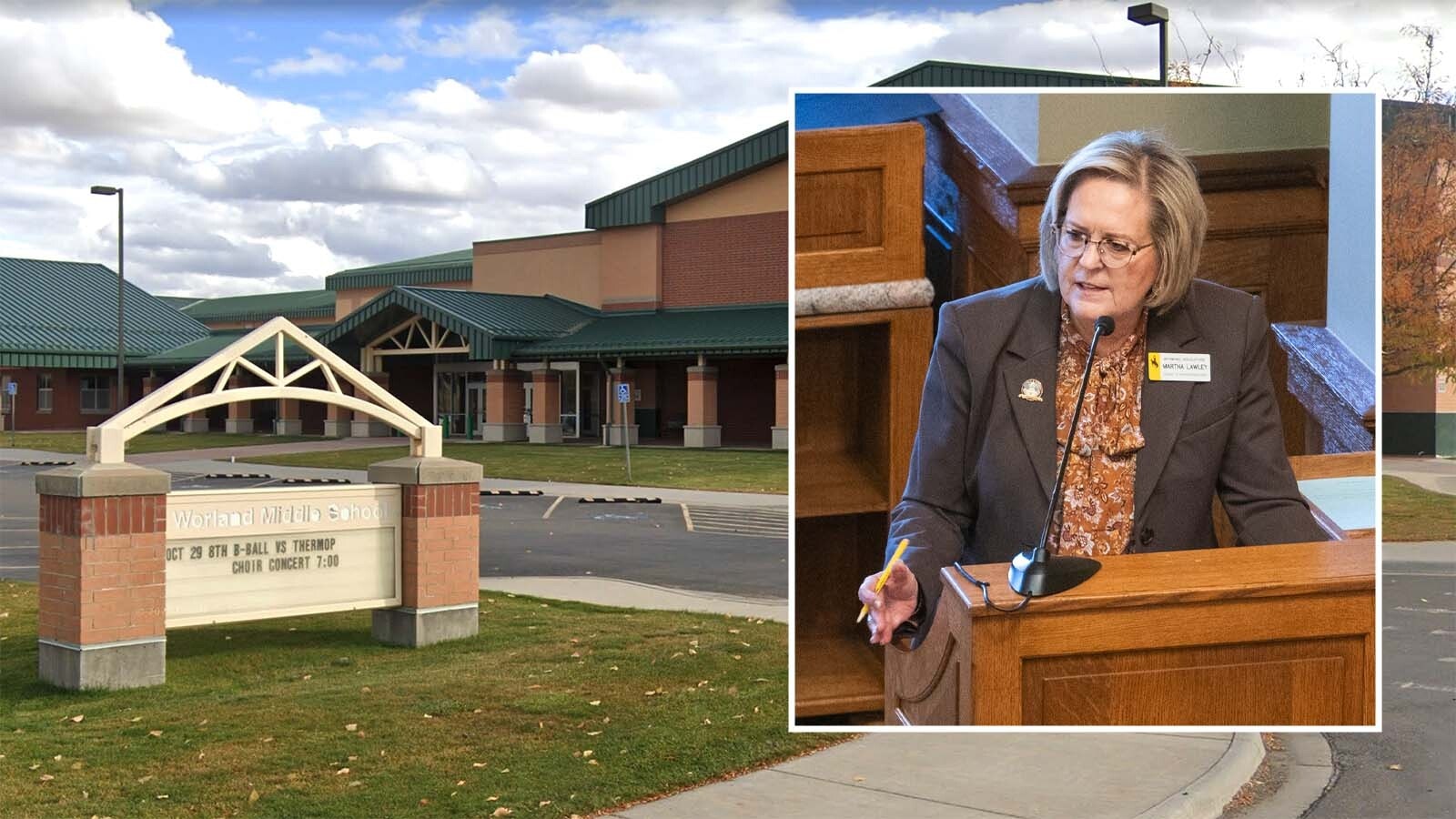Wyoming’s lone delegate to the U.S. House of Representatives and 215 of her Republican peers voted Wednesday to shut down President Joe Biden’s student loan debt forgiveness plan.
The Joint Resolution now faces the U.S. Senate, which contains 48 Democrats, 49 Republicans and three Independents. Because the three Independent delegates caucus with the Democratic party, Republicans are the minority in the Senate.
All 216 Republicans voting on the measure voted in favor of it including Wyoming Rep. Harriet Hageman, a frequent Biden critic.
Two Democrats broke ranks to vote in favor as well, leaving 208 Democratic “nays” and a final 218-203 vote split to send the resolution to the Senate. The two Democrats voting in favor were Reps. Jared Golden, of Maine, and Marie Gluesenkamp Perez, of Washington.
Meanwhile, the U.S. Supreme Court is still reviewing two cases challenging the legality of Biden’s program.
House members have also argued this issue in the courts. Hageman and 127 other Representatives filed amici curae, or advisory documents, with the U.S. Supreme Court in February, calling the rule a violation of the separation of powers doctrine and a usurpation of Congress’ power of the purse, and the directed language it used in legislation surrounding the U.S. Department of Education.
“(The executive branch’s) assertion of power to forgive every federal student loan in the country, potentially even a decade after the COVID-19 pandemic ends, raises significant separation of powers concerns,” says the brief, which then urges the high court to make the executive branch submit to Congressional direction.
‘Much-Needed Relief To Millions Of Borrowers
The U.S. Department of Education, conversely, told the court that the Texas federal District Court judge who shut down Biden’s program in November contrived his own argument, rather than relying on the case plaintiffs’ arguments.
The department also contends that the HEROES Act – a 2003 federal law allowing loan forgiveness in wars and national emergencies – authorizes its secretary to forgive a trillion dollars in student debt to ease COVID woes.
“This case concerns (an order) preventing the Secretary from implementing the plan and providing much-needed relief to millions of borrowers,” reads a December brief in which the federal department asked the high court to block the Texas judge’s ruling that shut down its forgiveness plan.
The brief calls the Texas judge’s order an “extraordinary decision” based on a fabricated issue.
This Judge Said
The plaintiffs in the original case in Texas, Myra Brown and Alexander Taylor, sued the department saying the loan forgiveness program prejudiced them because they didn’t qualify for it. They also argued that the program violated the Administrative Procedures Act because it did not have a public comment period.
But Mark T. Pittman, U.S. District Court Judge for the Northern District of Texas, piled onto their complaint when he blocked the program. He said Congress did not authorize the plan in its HEROES act and it violates the separation of powers doctrine.
“In this country, we are not ruled by an all-powerful executive with a pen and a phone,” wrote Pittman in his November order. “Instead, we are ruled by a Constitution that provides for three distinct and independent branches of government.”
The Supreme Court has entered its season of issuing rulings and orders and could rule on Pittman’s case and another like it, Biden vs. Nebraska, in the near future.
Clair McFarland can be reached at: Clair@CowboyStateDaily.com





